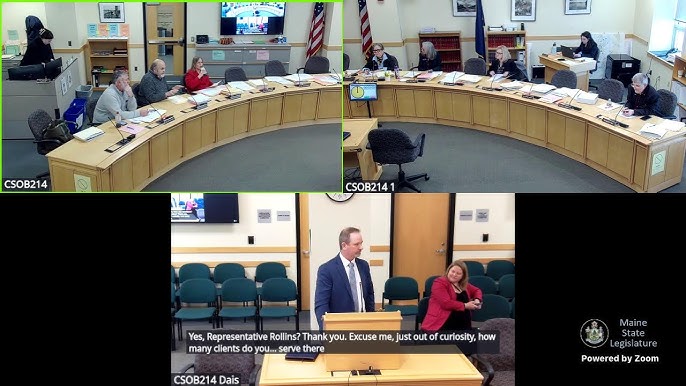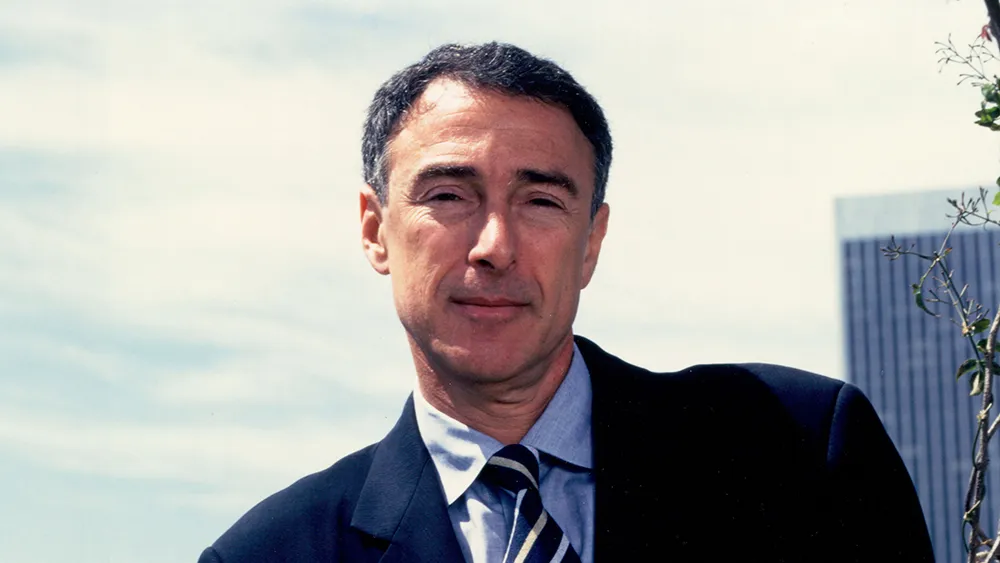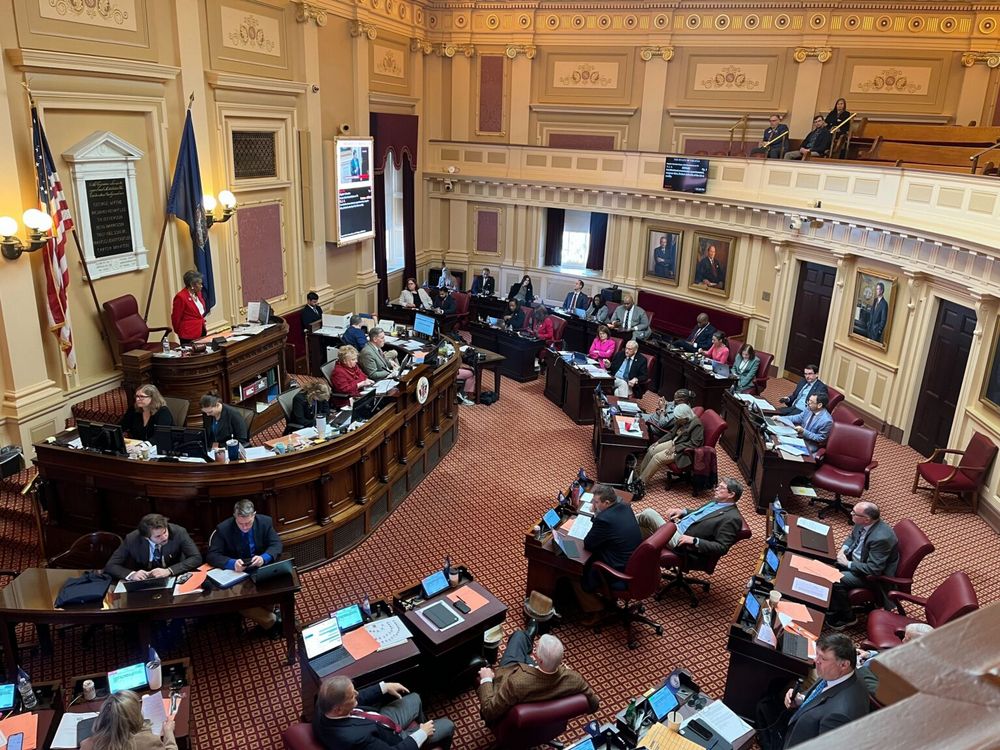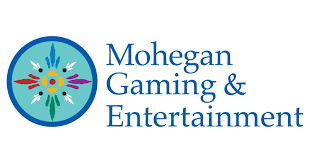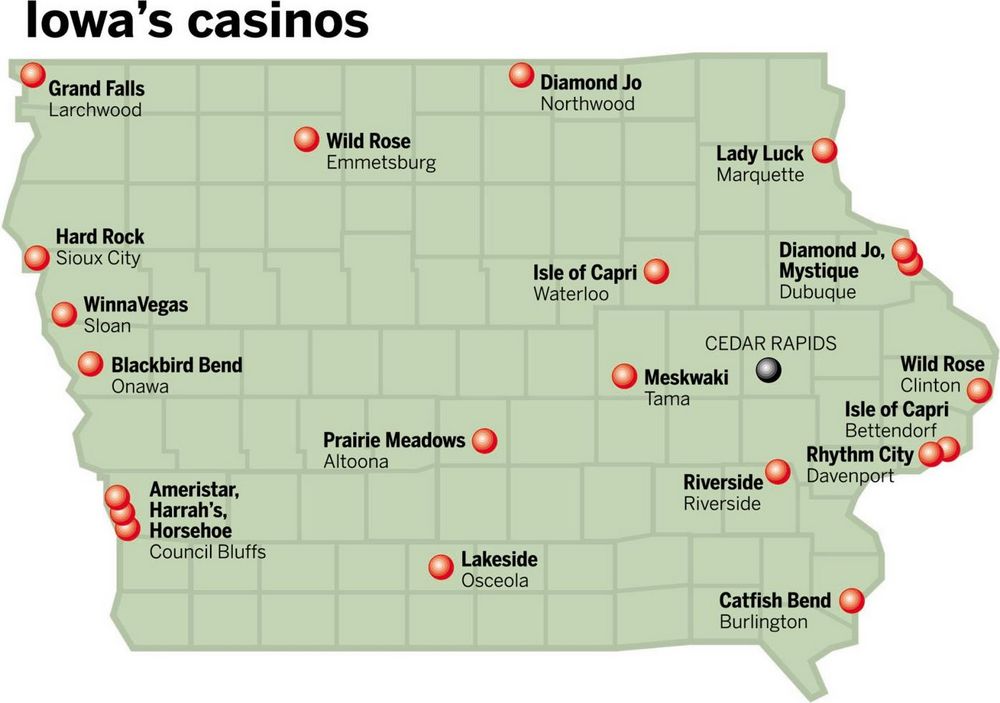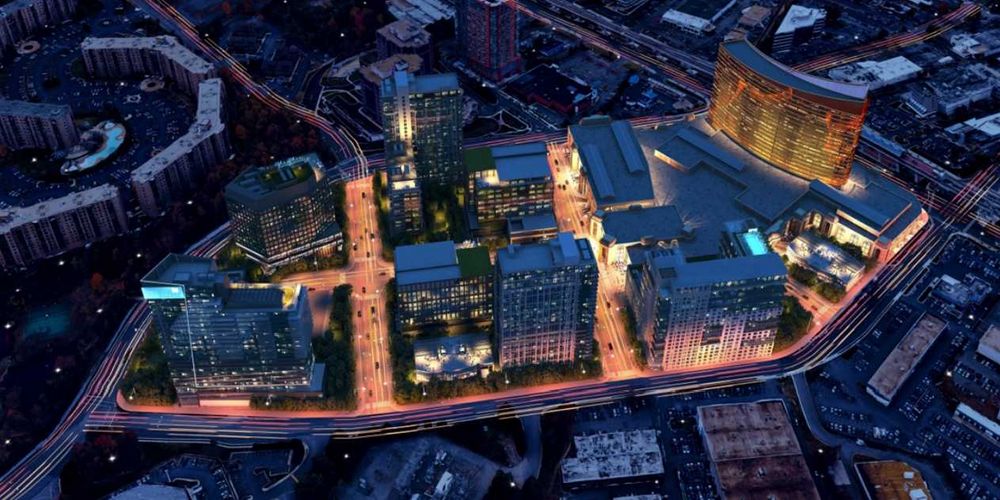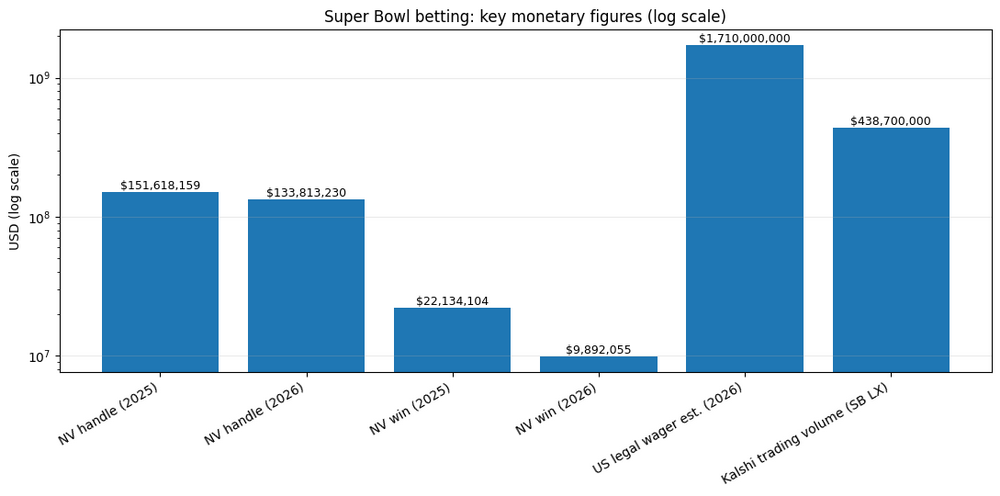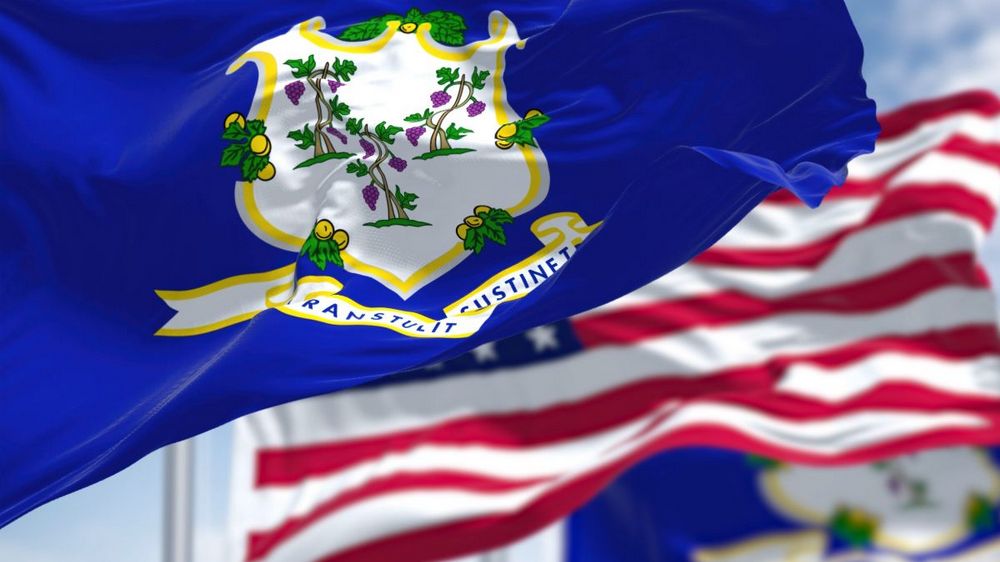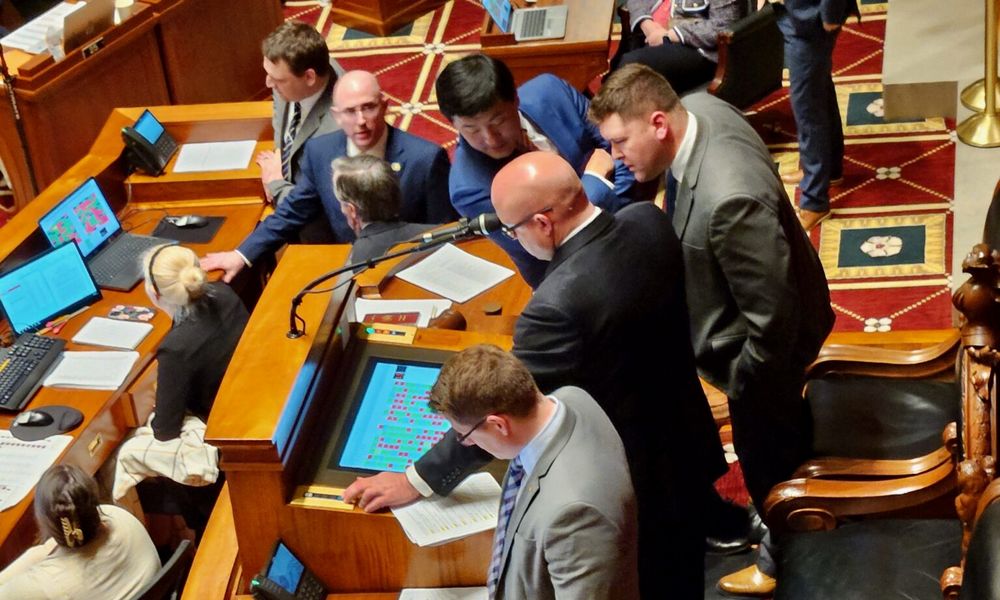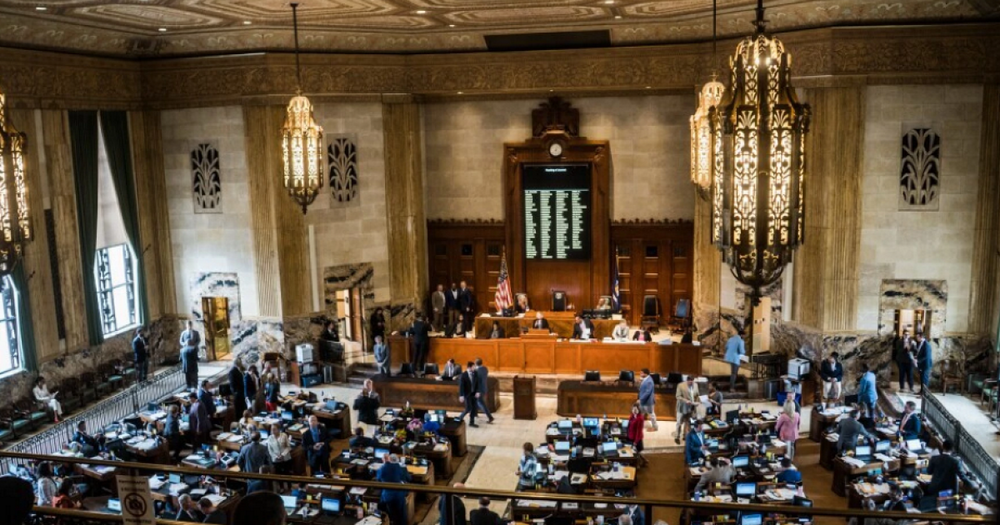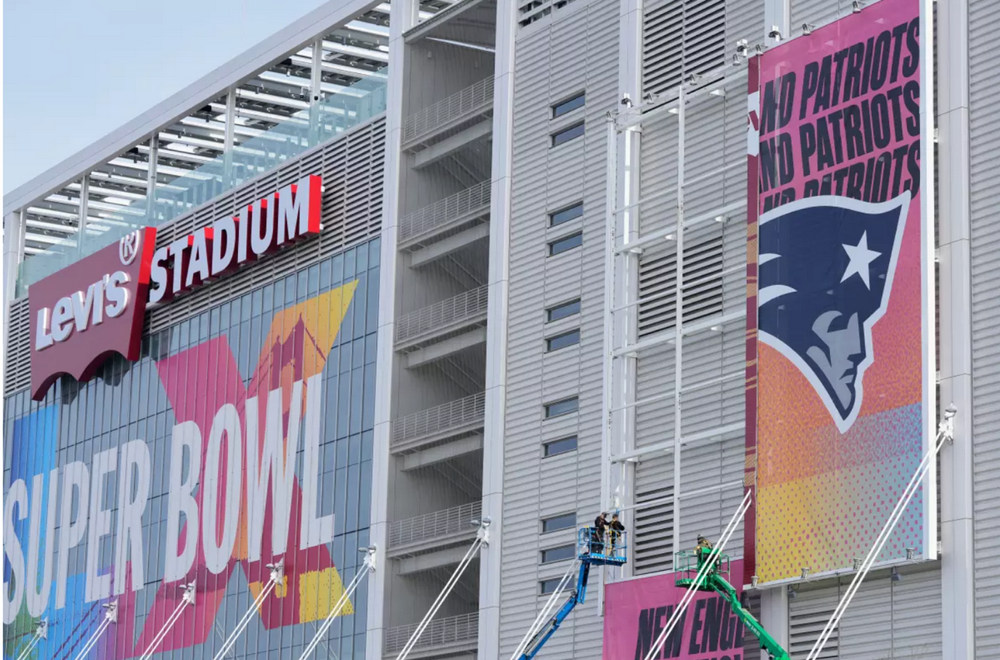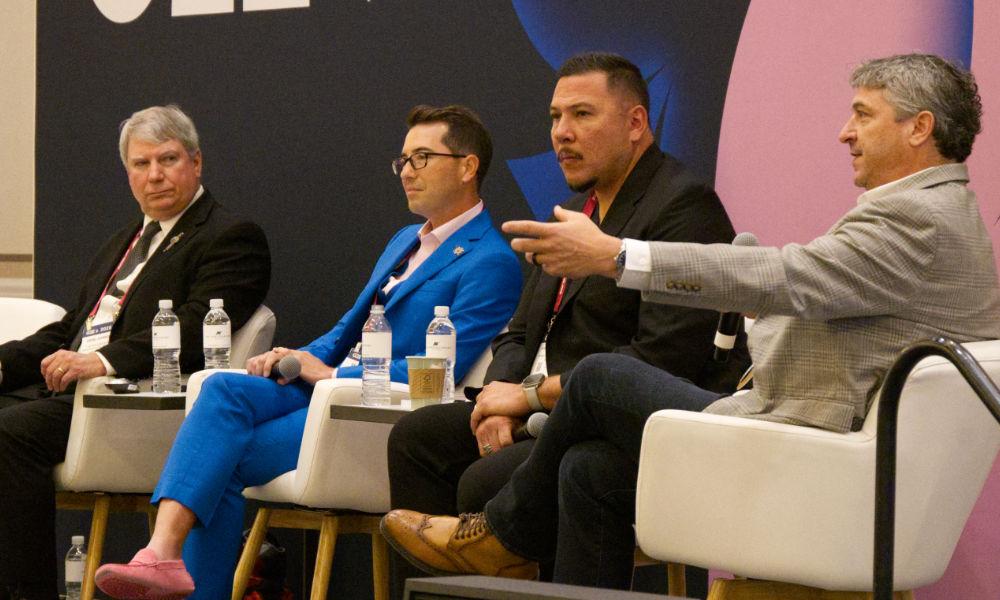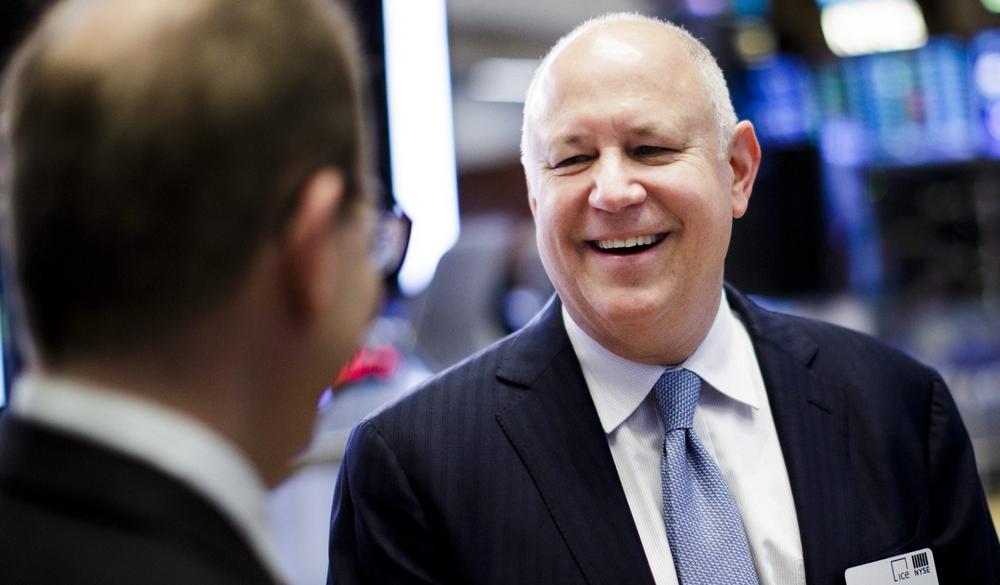Las Vegas, October 2025 — The first day of G2E Las Vegas 2025 offered a rare convergence of U.S. regulatory debate, spotlighting Michigan’s tribal-led iGaming success and Nevada’s effort to overhaul its decades-old gaming laws.
During the session “From Reservation to Regulation: How Michigan Tribes Entered Online Gaming”, panelists including Brandt Iden (Fanatics) and Elizabeth Homer (Homer Law) described Michigan’s framework — 15 licenses, a 20–28% tax rate, and full tribal-state cooperation — as a “one-of-a-kind model.” Despite generating over $2 billion in online revenue, speakers agreed it’s “not for everybody.” Each state’s sovereignty, tribal composition, and regulatory culture make replication difficult.

Meanwhile, in Nevada, Gaming Control Board Chair Mike Dreitzer led a separate legal discussion on adapting regulations to confront digital expansion, AML compliance, and cross-border licensing. The consensus: Nevada’s regulatory system must evolve to remain globally competitive.
Legal experts from the IAGA panel warned that divergent U.S. state rules and Europe’s tightening oversight demand a shift toward harmonization. Cybersecurity, AI regulation, and responsible gaming enforcement emerged as key cross-jurisdictional priorities.
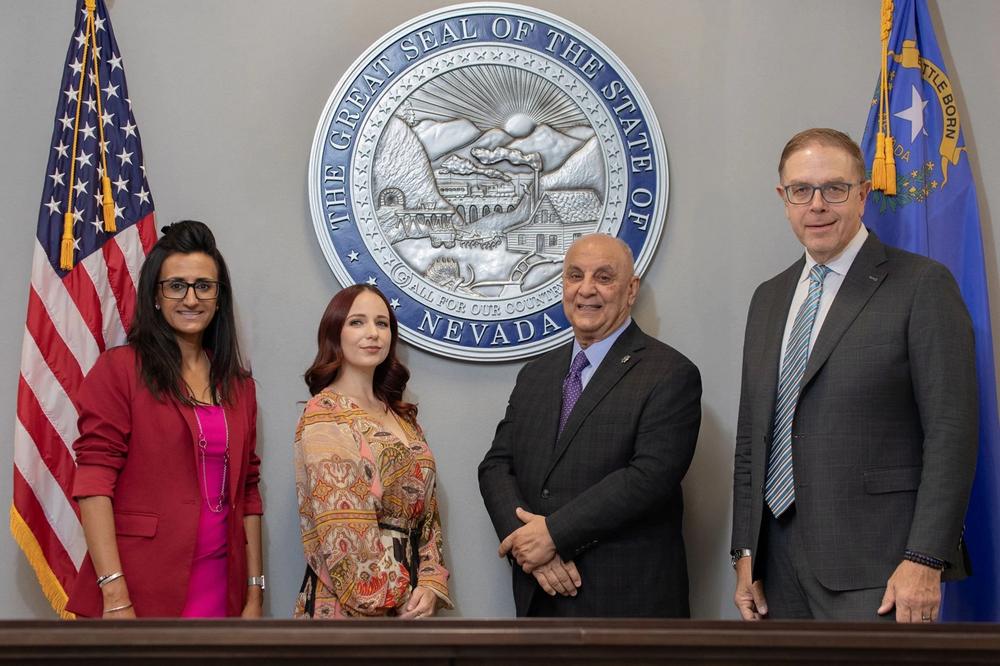
The opening day established a clear tone — compliance and modernization are now central to gaming’s legal future. Whether through Michigan’s inclusive tribal model or Nevada’s regulatory reform, G2E’s legal conversations signaled that the next wave of innovation will hinge as much on governance as on technology.












